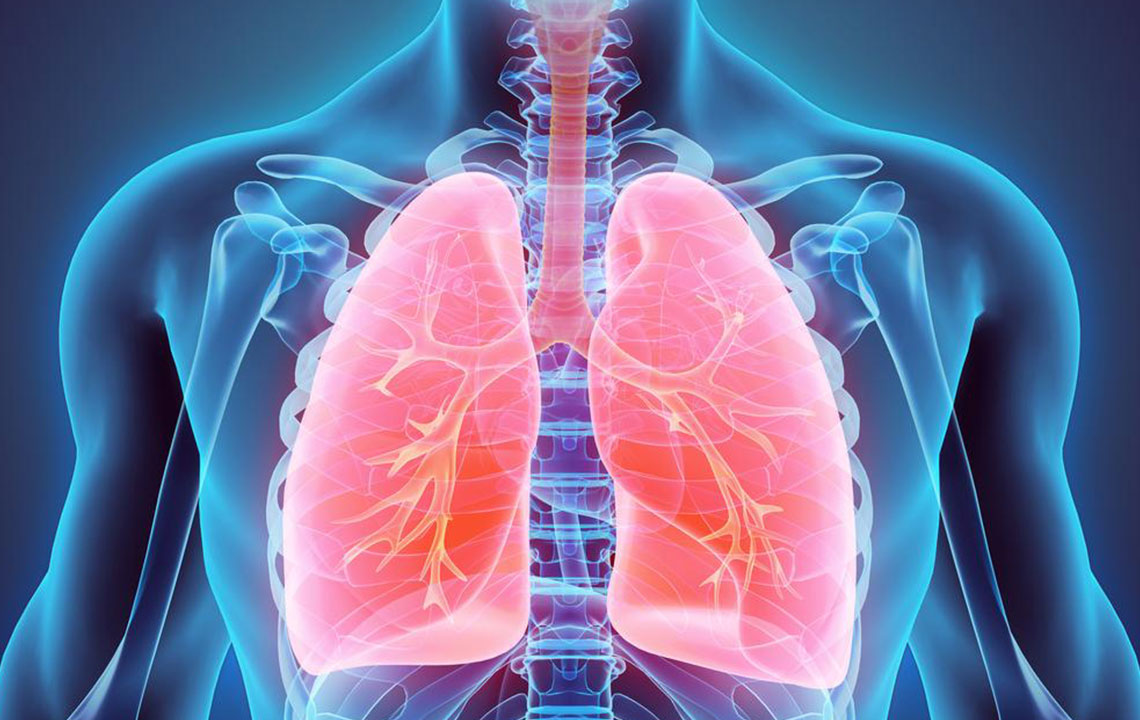Comprehensive Guide to Kidney Failure: Causes, Symptoms, and Prevention Strategies
This comprehensive guide details the causes, symptoms, and prevention methods related to kidney failure. It emphasizes early detection through regular screenings and lifestyle modifications to reduce risk factors such as diabetes and hypertension. Understanding the subtle signs helps in timely intervention, significantly improving patient outcomes. The article provides valuable insights for individuals with risk factors and educates on maintaining kidney health through proper management and medical care, aiming to prevent severe renal damage and enhance quality of life.

Comprehensive Guide to Kidney Failure: Causes, Symptoms, and Prevention Strategies
Kidney failure, also known as renal failure, is a serious health condition that affects millions worldwide. According to recent statistics, approximately 30 million adults in various countries are living with some form of kidney disease without even realizing it. This silent ailment often goes unnoticed until it reaches an advanced stage, making early detection and prevention crucial. The kidneys perform vital functions, including filtering waste products from the blood, balancing body fluids, controlling blood pressure, and producing hormones essential for blood cell production. When these organs start failing, it can lead to life-threatening complications that require immediate medical attention.
In this comprehensive article, we delve into the causes of kidney failure, the warning signs to watch for, and effective strategies for prevention. Understanding these aspects can empower individuals to seek timely medical care, potentially saving their lives and preserving kidney health.
What Causes Kidney Damage?
Kidney failure typically develops gradually, often as a result of chronic conditions that gradually damage the kidney tissues. The most common causes include:Diabetes Mellitus: High blood sugar levels associated with diabetes can damage blood vessels in the kidneys. Over time, this leads to diabetic nephropathy, a leading cause of kidney failure.
High Blood Pressure (Hypertension): Elevated blood pressure causes strain on the blood vessels in the kidneys, impairing their ability to filter waste effectively. Persistent hypertension is a significant risk factor for renal decline.
Heart Disease: Cardiovascular problems can impair renal blood flow, leading to decreased kidney function.
Smoking and Tobacco Use: Tobacco toxins harm blood vessels and reduce overall kidney function over time.
Obesity: Excess body weight increases the risk of developing diabetes and hypertension, indirectly affecting kidney health.
Abnormal Kidney Anatomy: Congenital anomalies or structural issues can predispose individuals to kidney problems.
Aging: Natural aging processes reduce kidney function gradually, making older adults more susceptible to renal failure.
Family History: A genetic predisposition to kidney disease increases individual risk.
Understanding these risk factors highlights the importance of maintaining a healthy lifestyle, managing chronic conditions, and undergoing regular medical checkups to monitor kidney health.
Recognizing the Symptoms of Kidney Failure
The early stages of kidney failure often exhibit subtle or nonspecific symptoms, which many individuals overlook or mistake for other less serious health issues. Recognizing these signs early can make a significant difference in treatment outcomes. Symptoms include:Persistent Fatigue: Feeling unusually tired despite adequate rest can indicate declining kidney function.
Difficulty Concentrating: Cognitive impairments or mental fog may be linked to toxin buildup in the blood.
Anemia: Reduced red blood cell production, leading to pale skin and weakness.
Sleep Disturbances: Insomnia or restless sleep caused by metabolic imbalances.
Dry, Itchy Skin: Accumulation of waste products can cause skin irritation.
Frequent Urination: Especially at night, due to impaired kidney filtration.
Blood in Urine and Foamy Urine: Signal protein leakage, indicating compromised kidney filtering capacity.
Swelling: Facial puffiness, ankle, and foot edema due to fluid retention.
Loss of Appetite and Nausea: Toxin buildup can affect the digestive system.
Muscle Cramps and Electrolyte Imbalance: Imbalance of minerals like potassium and sodium causes cramping and irregular heartbeat.
It is essential to perform routine health screenings, especially for individuals at higher risk, such as those with diabetes, hypertension, elderly populations, or those with a family history of kidney disease. Early detection allows for interventions that can slow disease progression and preserve renal function.
Preventive Measures and Management Strategies
Prevention remains the most effective way to combat kidney failure. Lifestyle modifications and medical management can significantly reduce the risk of developing severe kidney disease. Here are some key strategies:Maintain Blood Glucose Levels: Diabetes management through diet, exercise, and medication to prevent diabetic nephropathy.
Control Blood Pressure: Regular monitoring and medications as prescribed to keep blood pressure within healthy ranges.
Adopt a Kidney-Friendly Diet: Low-sodium, balanced diet rich in fruits, vegetables, and lean proteins helps reduce kidney workload.
Avoid Smoking and Excessive Alcohol: Both impair blood flow and damage tissues.
Manage Body Weight: Maintaining a healthy weight reduces strain on the kidneys.
Limit Use of Harmful Medications: NSAIDs and certain antibiotics can damage kidneys if used excessively.
Stay Hydrated: Adequate fluid intake supports kidney function.
Regular Medical Checkups: Routine tests to monitor kidney function, especially if you have risk factors.
If diagnosed with kidney issues, early treatment can slow progression, including medications, lifestyle changes, and in some cases, dialysis or transplantation. The goal is to preserve kidney function and improve quality of life.
In conclusion, understanding the causes, recognizing early symptoms, and adopting preventive strategies are vital steps in combating kidney failure. By staying vigilant and proactive about health, individuals can reduce their risk and ensure better long-term kidney health. Regular communication with healthcare professionals and timely medical interventions make all the difference in managing this silent but potentially devastating disease.





